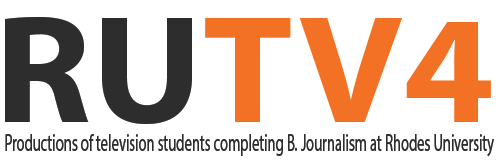Below The Bread Line
Investigative report by Jason Randall & Dumisa Lengwati.
Unemployment within the South African context is a complex and diverse social issue with no simple solutions. Nowhere is this more visibly evident than in the Eastern Cape, with its pervasive rural and agricultural legacy. Despite the presence of a higher educational institution such as Rhodes University, as well as elite private schools, the problems of unemployment and poverty still persist in Grahamstown and the Makana municipality. While there are many organisational strategies to provide employment, this type of temporary employment is limited and does not provide a stable income or a sense of financial security. This has created a large demand for employment within Grahamstown’s informal sector.
Below the Breadline explores if Makana Municipality’s legislation is doing enough to alleviate the social issues of unemployment and poverty in Grahamstown?








